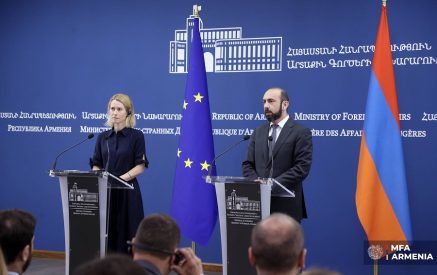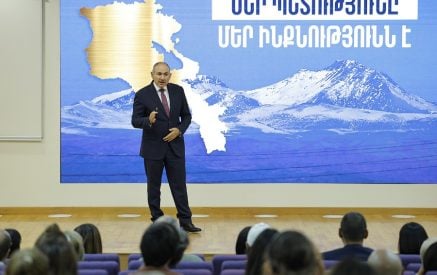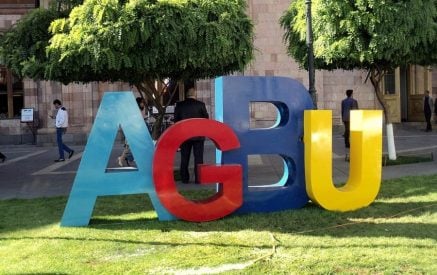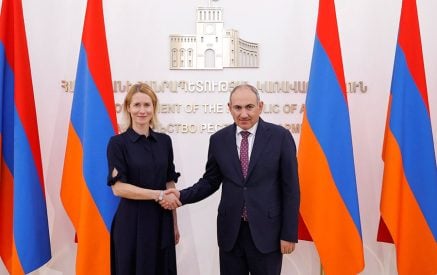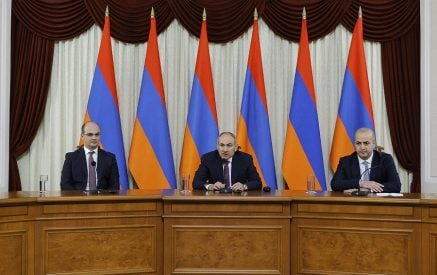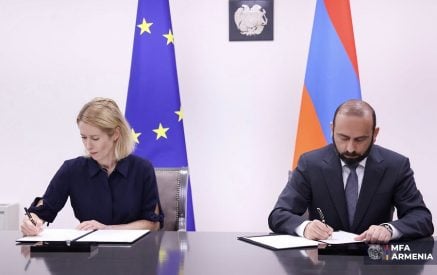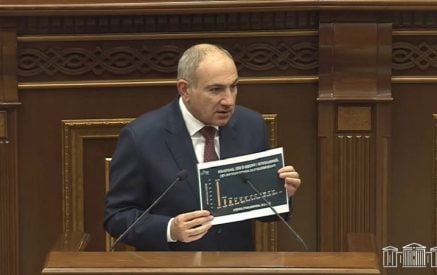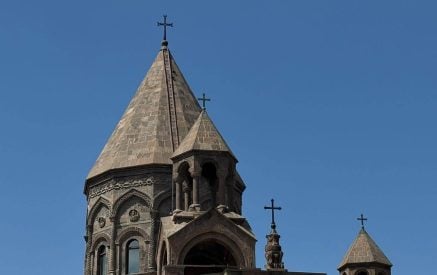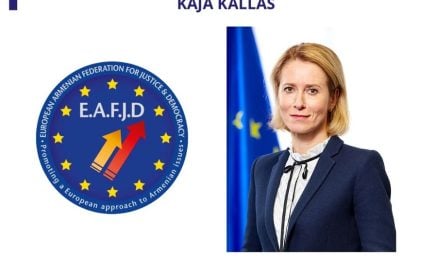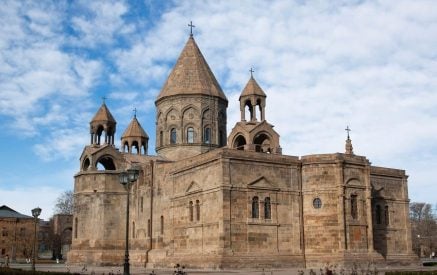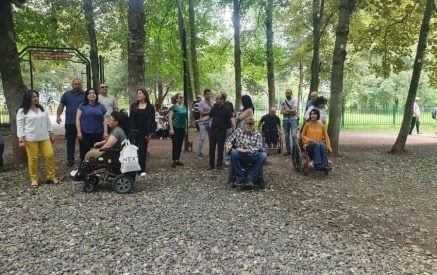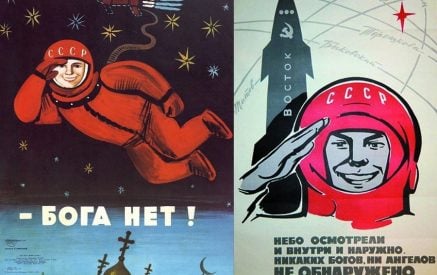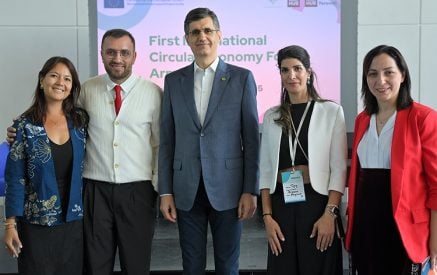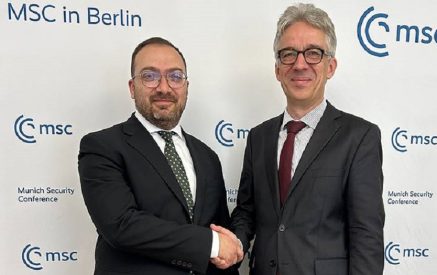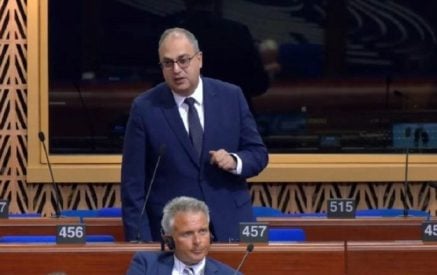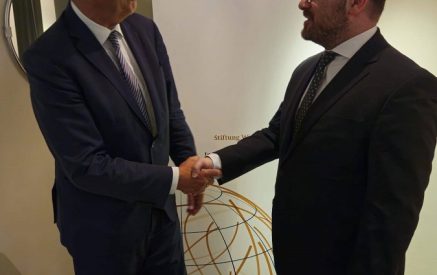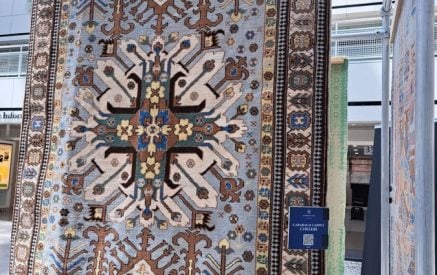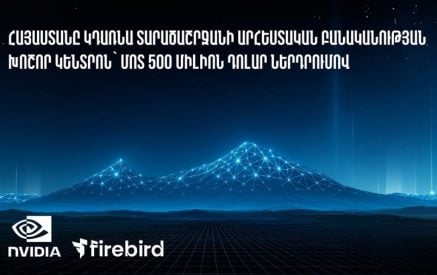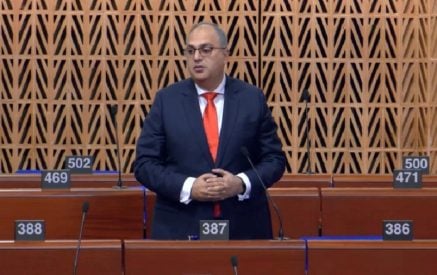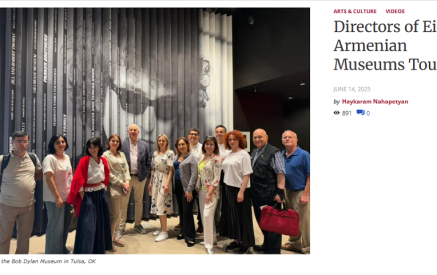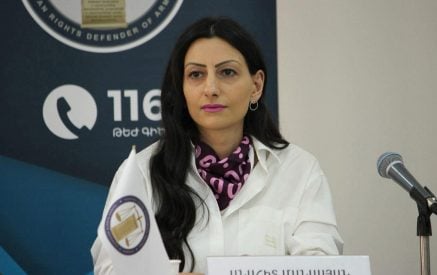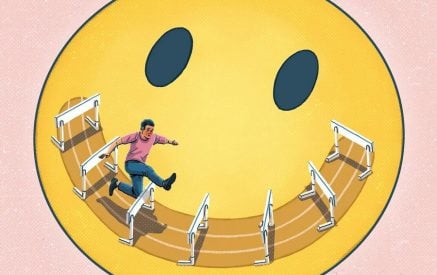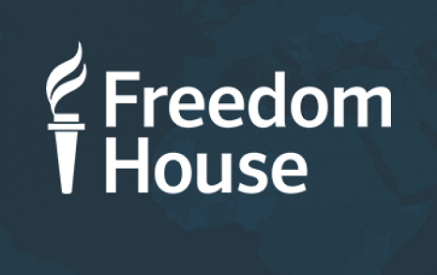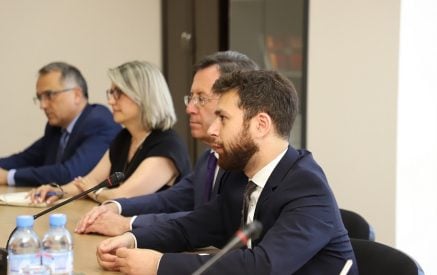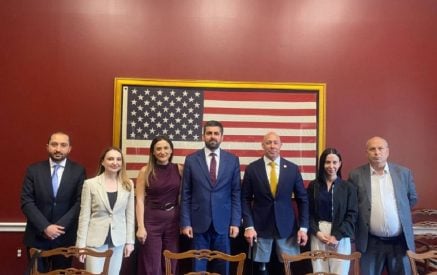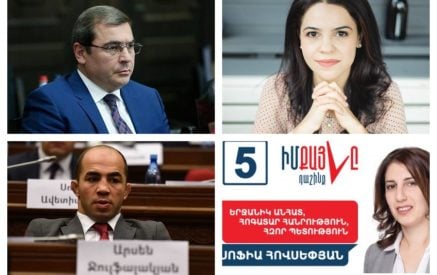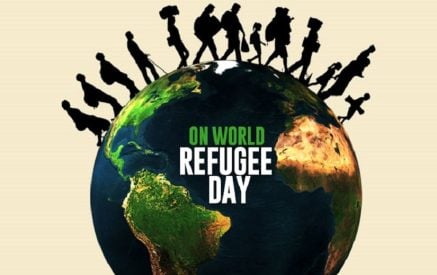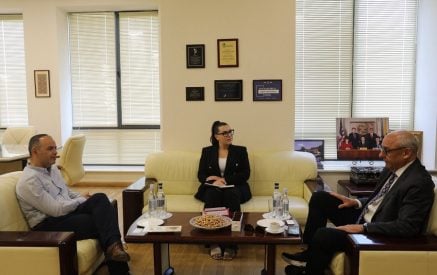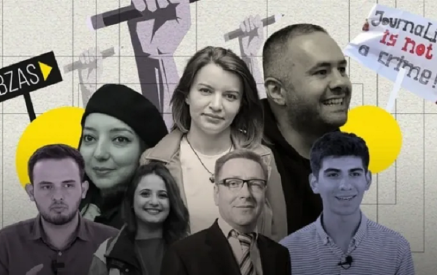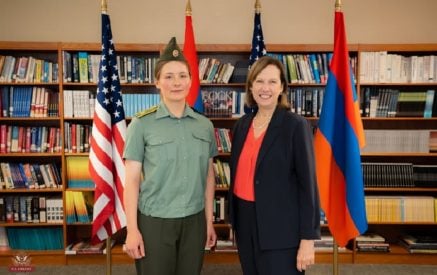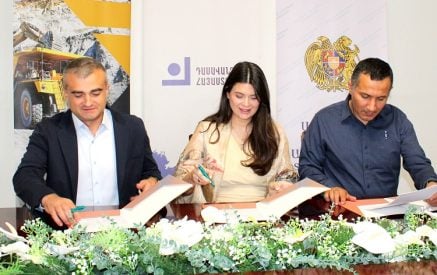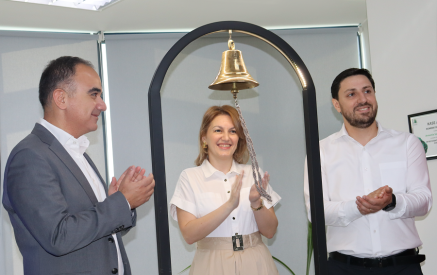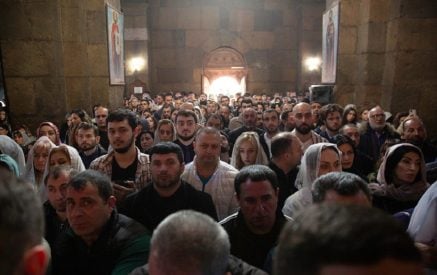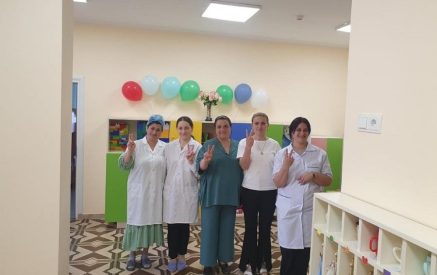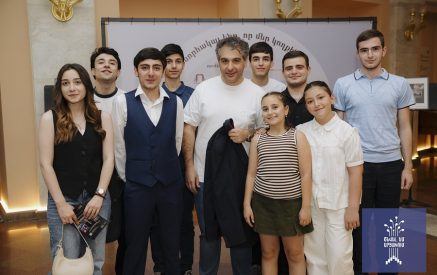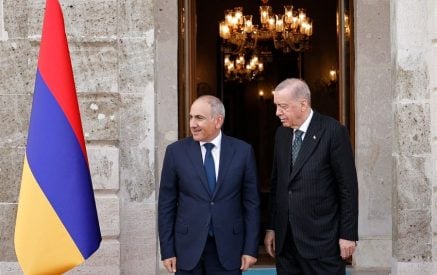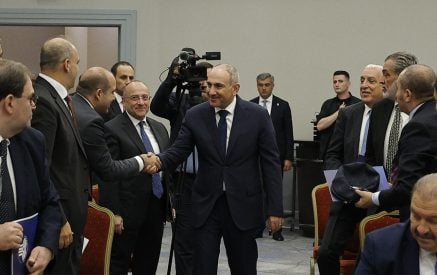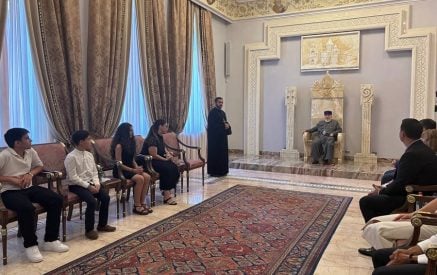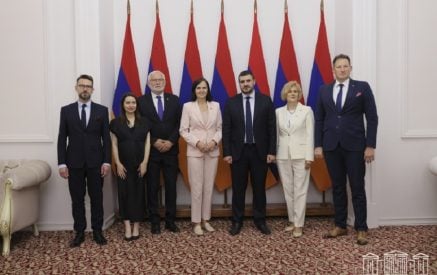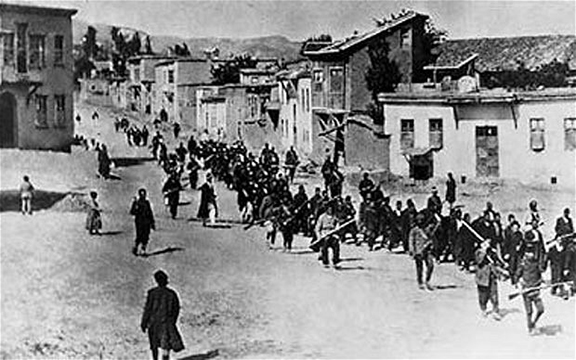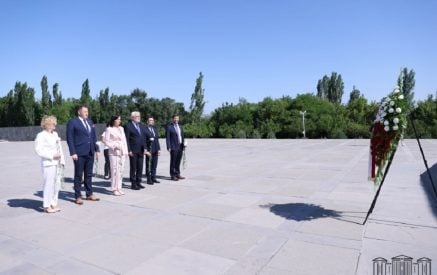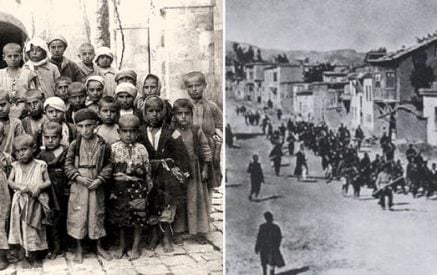Tikkun daily: As April 24, the anniversary of the Armenian Genocide is nearing, many countries are going to take the opportunity, again, and prove their moral superiority by judging Turkey. The morally superior even include countries such as Germany that was involved in more than one genocide in the beginning of the last century. As perpetrators of the first genocide of the 20th century against the Herero in Namibia, Germany may have also had a role, the extent of which is still unclear, in the deportation of Armenians in the Ottoman Empire. Often praised for her dealings with the Holocaust, it took Germany over 100 years to finally acknowledge the genocide against the Herero in 2015. Countries such as France, Switzerland, Slovakia, Cyprus, and Greece have so far shown their moral superiority by suppressing speech and making it a crime not to acknowledge the [Armenian] genocide while very comfortably judging Turkey for her shortcomings on freedom and democracy.
A case for calling it genocide
While inconsistently and selectively admitting that (mass) killings and “relocations” did occur, Turkish officials to-date claim that the events don’t meet the definition of genocide, Article 2 of the Convention on the Prevention and Punishment of the Crime of Genocide from 1948. They argue that there was no intent to destroy Armenians as an entire group. They refer to the fact that many Armenians survived and there was no history of singling out and targeting of Armenians as an ethnic group prior to the events, as it was the case with the Jews in Germany. They claim that the actions taken by the Ottomans were in response to threats and subsequently were of defensive nature.
Read also
However, the patterns of the actions taken against the Armenians in the Ottoman Empire suggest otherwise. The mass deportations, the killings of over a million, including children and women, confiscation of belongings and property, the breaking of family bonds, assimilation of children and women into Turkish families, and the conversions to Islam, indicate a system that requires a certain level of pro-active organization that is rather of offensive nature. The fact that many Armenians were spared confirms that they could not have been a threat as a group. After all, how can an entire group – civilians, children, women, and men alike – be a threat to any country based on its ethnicity? Any such claims would be based on racist notions.
It is true that there were political frictions between the Turks and the Armenians and Armenians did, among other, organize volunteer battalions to help the Russian army fight against the Turks. However, ethnic frictions do not justify a systematical killing of civilians. Moreover, the political environment in the Ottoman Empire at the time reflects the rather typical circumstances when slaughtering of the perceived others are more likely to happen. After all, genocide does not happen overnight, in stable countries.
Nothing can justify the methodical actions, such as the mass deportations, that were taken against the Armenians as a group; not even a threat of civil war, because, if a war needs to break out to avoid a genocide, it needs to break out. If the establishment is stable enough to proactively deport children and women, it is also stable enough to fight a “more just war” among organized groups, between adults. The perpetrators of targeting innocent children of an ethnic group must always be held responsible for their actions, for committing a genocide.
Armenians in Turkish textbooks
Even though Turkish officials admit some of the facts today, Turkey has not only been deceiving the international community, but more importantly, her own people by withholding the facts. Turks generally discover this taboo aspect of their history coincidentally, through word-of-mouth, the elderly, own research, or Armenian efforts to educate the international community. There were hardly any references to the events in Turkish textbooks until the early 1980s and to-date Armenians are only mentioned in a way that depicts them in unfavorable ways, as traitors and as being responsible for their own deaths. If the Turkish government is so convinced of Turkey’s innocence, why are to-date Turkish students not presented with the facts and allowed to judge themselves? Why have the facts been withheld and new, incorrect pictures painted? And why are Turks, who against all odds discover the facts, discouraged from speaking out or threatened? Why has Turkey tried to silence even German officials of Turkish descent and the widely acclaimed Turkish author Orhan Pamuk?
A time to heal
Struggling with the past is not unique to Turkey. However, more than 100 years later, it is now time for Turkey to acknowledge her history, not only for the sake of the Armenians and their descendants, but also of her own population. The new Turkish generation deserves to know the truth about their history, their ancestors, so that they can deal with the bad and with the good that may have happened. By denying the knowledge about the genocide, Turkey is also denying their descendants the truth about potential heroes who risked their lives to save Armenians.
Any one-sided, simplistic, fairytale depiction of history as generally presented to the population in Turkey should make us question its accuracy. Human history is nothing but a repetition of the good, the bad and everything in between. Human societies are complex and freedom and democracy continuous hard work. Having access to accurate information and allowing everyone to make up their own mind is the basic right of all human beings in the 21st century. Any effort to suppress the truth is generally energy wasted, as regardless of how hard one tries, the truth always has a way of surfacing and when suppressed, creates nothing but animosity, confusion, and disloyalty on the way.


